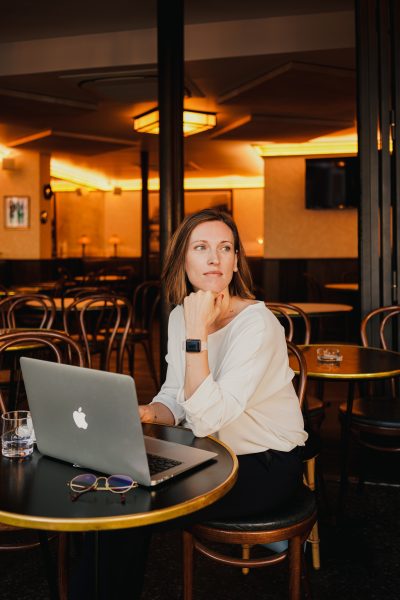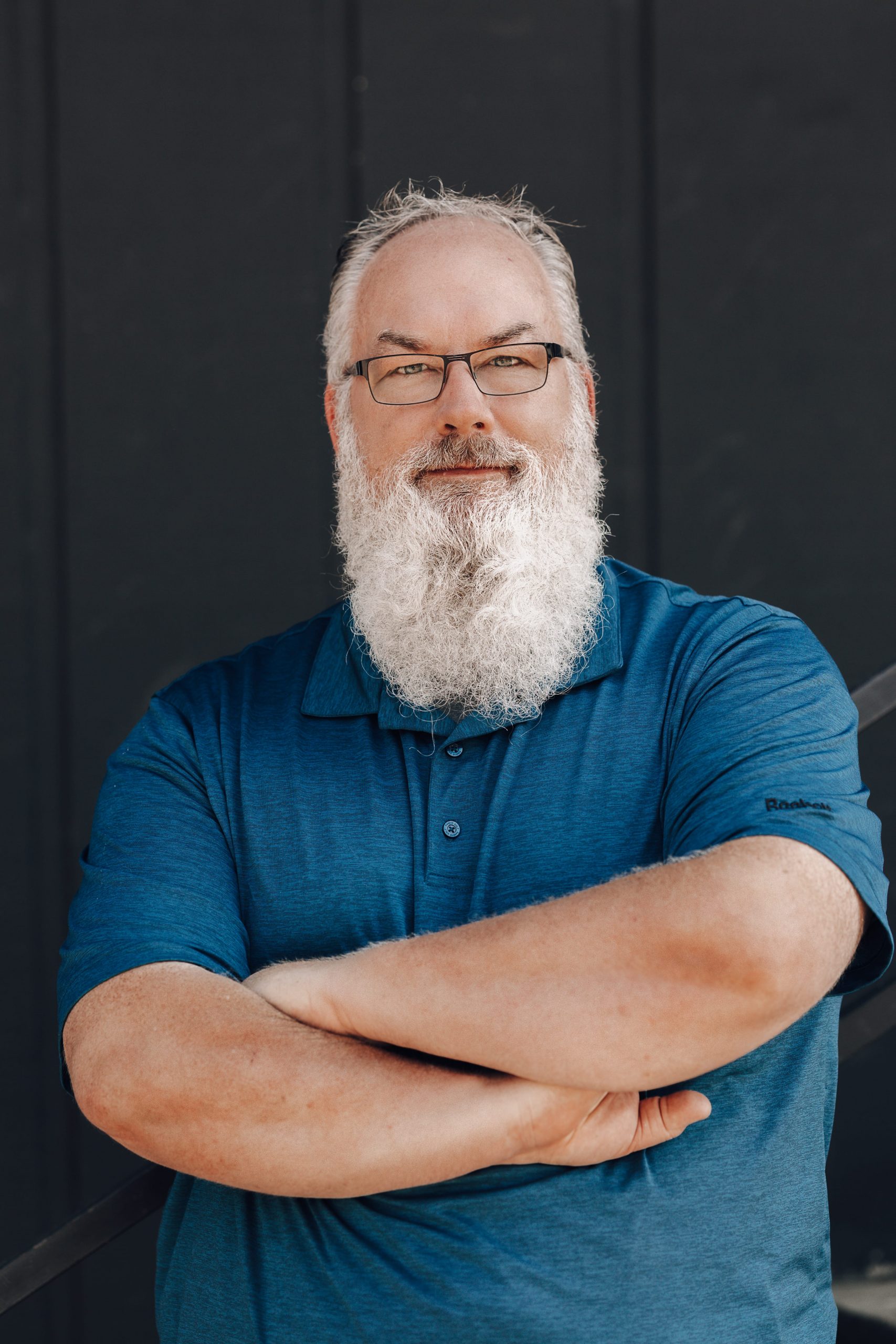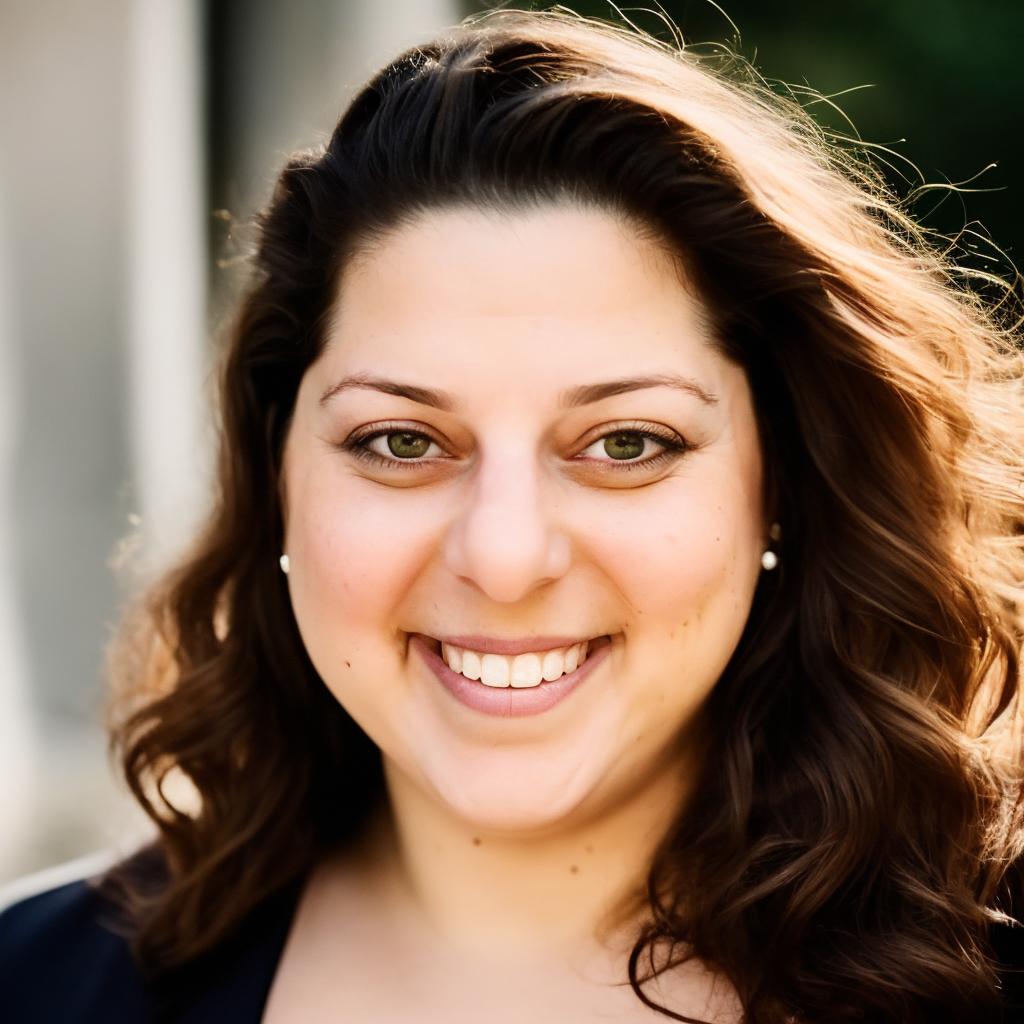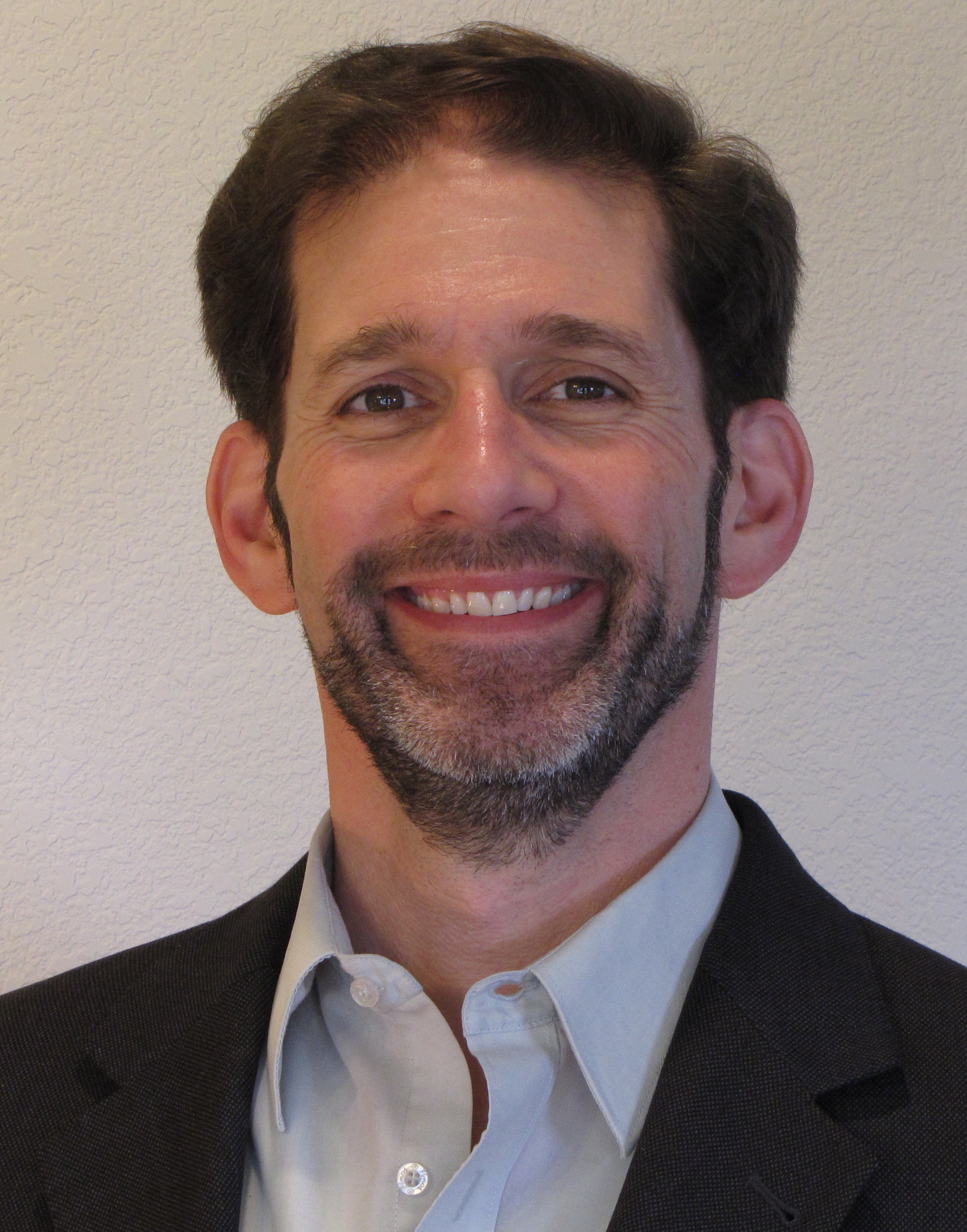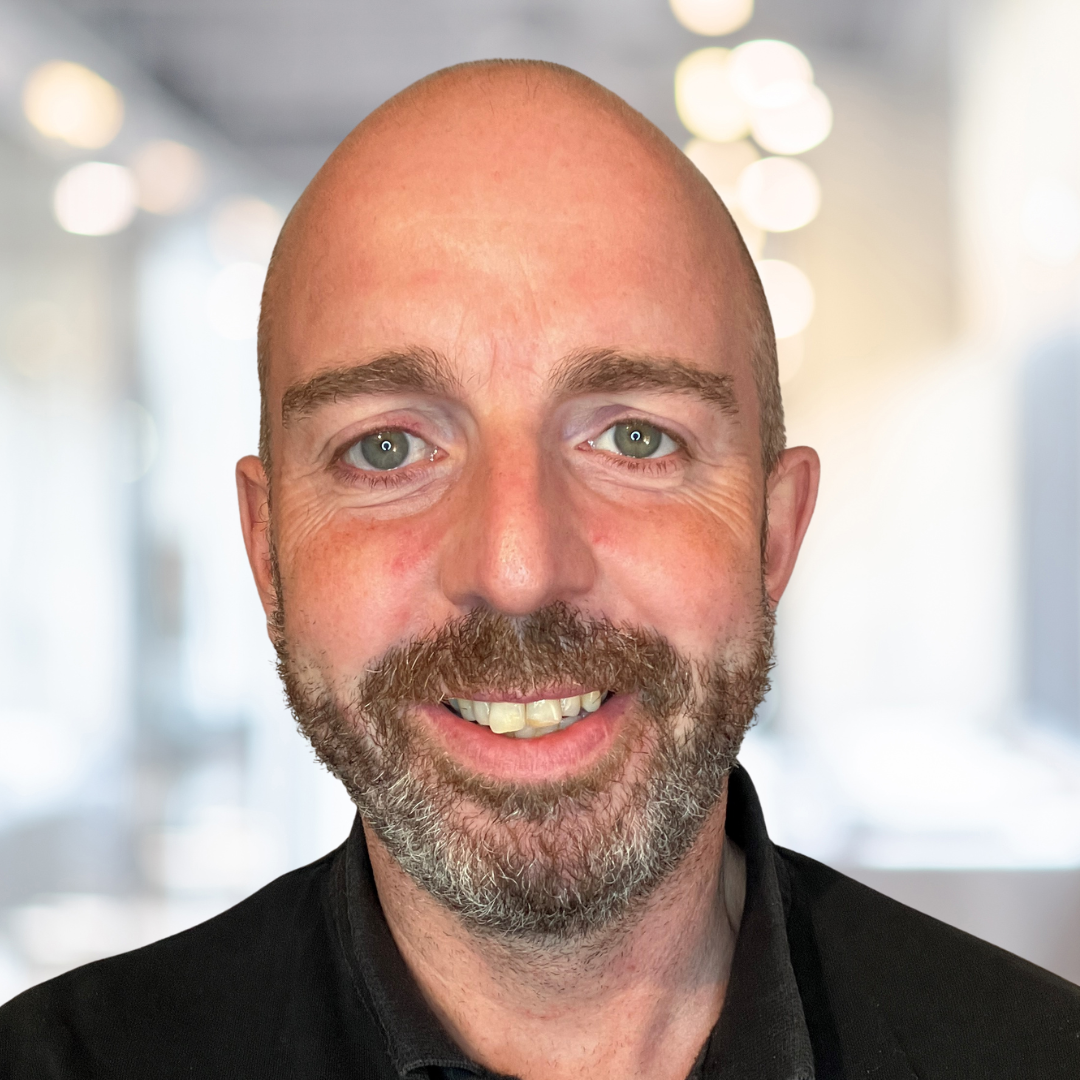Liesbeth Huysmans is an Intercultural Coach and Consultant, born and raised in Belgium, but currently living in New York after having lived and worked in Vienna and Paris. With a background in Linguistics and Communication Studies, she is also a proud mother of a trilingual Third Culture Kid. Liesbeth’s coaching journey has taught her to align with her core values, embrace her curiosity, and explore diverse cultures. She finds purpose in helping people open up to different cultural perspectives, fostering curiosity over judgment to achieve better results and avoid conflicts. A committed feminist and anti-racist, Liesbeth is passionate about creating cultural understanding.
What were your initial years of growing up like? Tell us about your life before starting your corporate journey/venture/initiative.
I grew up in a very quiet small town outside of Antwerp, Belgium, leading a sheltered life. There was no diversity in terms of religion, socio-economic status, or race, which may have sparked my interest in people who were “different,” eventually leading me to become an Intercultural Coach and Consultant.
I loved my life as a student. After obtaining my Master’s in Applied Linguistics and a second Master’s in Communication Studies, I started my first corporate job in sales. However, I quickly discovered that I was more excited about traveling and meeting people in different countries than the actual job itself, so I switched to teaching. My first teaching job was at a high school with students from many different backgrounds, and I am eternally grateful for this experience as it forced me to confront my own biases. Even 15 years later, I remain proud of my students and their achievements.
When I was 26, my partner was offered a position in Vienna, Austria. Since I had a Master’s in German, we assumed finding a job there would be easy, so we relocated. While I had an amazing social life in Vienna, my professional experience was tough. As a foreigner and a young woman in a stable relationship without children, I was seen as a hiring risk due to Austria’s generous maternity leave policies. My partner’s career soared while mine seemed stagnant, which was incredibly frustrating.
I took great pride in my education and ambitions, so being overqualified and underpaid took a toll on my mental health. Panic attacks became frequent, but since mental health was taboo at the time, I suffered in silence.
After three years, we moved to Paris, where I decided to approach things differently. My husband’s company provided job coaching for expat partners, which helped me clarify my professional goals while balancing motherhood and a partner who traveled 75% of the time. I became a teacher at two private business schools and loved seeing my students grow.
Unfortunately, I was laid off just before Covid hit. Thankfully, France’s social security system provided two years of unemployment benefits, allowing me to train as a certified professional coach. Initially, I planned to become an expat coach, but during my training, I was introduced to interculturalism, and many puzzle pieces started to fall into place. I realized I had experienced culture shock when moving to France, which I hadn’t expected since it’s a neighboring country of Belgium. I adjusted my plan, received more training in interculturalism, and have since focused on intercultural coaching as the core of my business.
Amid all the training, my family and I relocated to New York, where I have been expanding my business for the past three years. I am excited to see where the future takes us, both personally and professionally.
Every industry that is now a large-scale, top-notch business once started as a small idea in the minds of entrepreneurs. What was that idea or motivation that made you start your business? What motivated you to say, “YES, go for it!”?
Initially, I wanted to coach women like me who had relocated for their partner’s job and struggled to rebuild their lives abroad. While I no longer focus solely on female clients, I am driven by the increased cultural self-awareness my clients develop. Cultural intelligence is often an overlooked but crucial step in building better relationships, reducing conflict, and achieving better outcomes. Clients who develop cultural intelligence are also more accepting of other differences, such as religion, race, gender, sexual orientation, and neurodiversity.
Would you like to share with our young budding women entrepreneurs the change you would like to see in the world if given an opportunity?
I would love to see more kindness and empathy, particularly in the Western world. I want people to understand the concept of privilege and learn to acknowledge it, using that privilege to actively work toward fairness and justice for all.
Women are a growing force in workplaces worldwide, standing shoulder to shoulder with their male counterparts. There are cracks in glass ceilings everywhere, with many women breaking through to reach the top of the pyramid. What are your thoughts about women’s leadership today?
We’ve come a long way, but there’s still much progress to be made. Women are better represented in leadership roles today, but in corporate boardrooms and politics, the change has been slower in most parts of the world. Women are still held to different standards, bearing most of the housework, emotional parenting workload, and mental load of the family.
Women leaders face judgments whether they focus on their careers or their families, and the same goes for women who choose not to have children or cannot have them. On the other hand, stay-at-home moms are also often shamed. I believe that everyone, man or woman, should have the freedom to choose the life that suits them, free from societal expectations.
Many of my clients are expats, and it excites me to see more women being sent abroad by their employers, with husbands taking on more parenting and household responsibilities. While things are changing, change is a slow process, and we need to keep pushing forward. I firmly believe that when women have equal rights and opportunities, everyone benefits.
What’s the most important thing you’ve learned in your personal and professional journey? What’s your personal motto?
Growth happens outside of the comfort zone. I’ve learned to choose my friends carefully, that material things don’t bring happiness, and that nothing is forever. I focus my attention and energy on what truly matters.
With your grit and determination, you are making a considerable impact and serving as a role model for many budding entrepreneurs. What would you say to young women leaders/audience reading this?
Keep going, one step at a time, and occasionally, look back to celebrate your progress and achievements. Prioritize your physical and mental well-being, and allow yourself to take breaks when needed. Remember, life is a journey, and sometimes it’s okay to take a detour, as long as you end up at the destination of your choice.



